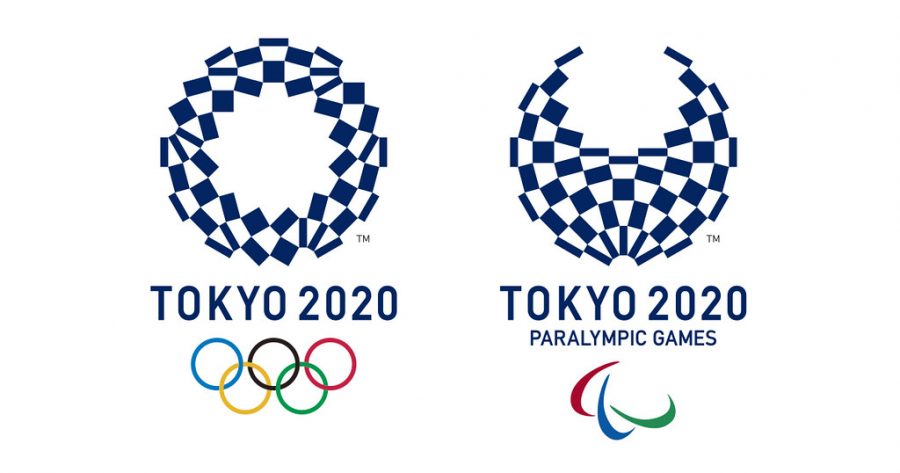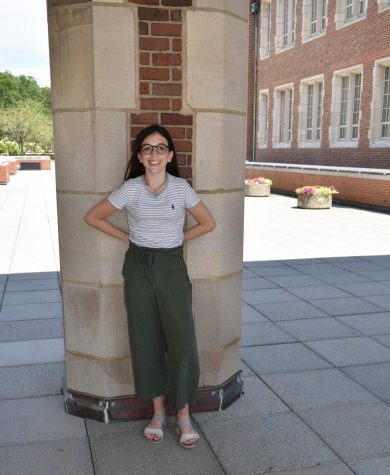Olympics Postponement: Tokyo 2020
May 13, 2020
Due to COVID-19, the 2020 Olympics have been cancelled and postponed until 2021. The 2020 Tokyo Summer Olympics opening ceremony was originally scheduled for July 24. This is the second time Japan would be hosting the Olympics since the 1964 Summer Olympics. On March 24, Prime Minister Shinzo Abe asked the International Olympic Committee (IOC) to postpone the 2020 Tokyo Olympic and Paralympic Games. After a meeting between the IOC and worldwide leaders, it was agreed that the Tokyo Games will be a beacon of hope for the world during the worldwide fight against this pandemic.
The economic damage from postponing the Olympics for one year, according to The Japan Times, would be around ¥640.8 billion and that canceling the games would cost about ¥4.5 trillion.
As for the events’ marketing campaign, according to The New York Times, the 2021 Tokyo Olympics will still be called Tokyo 2020. Why? The answer is because relaunching a new branding and marketing campaign requires a new budget of nearly six million dollars that isn’t a possibility at the moment.
Meanwhile, many experts around the world say that the Olympics can still be postponed if the COVID-19 virus is not contained next year. Olympic officials have already begun preparing for this situation by planning to eliminate a live audience and turn the Games into a made-for-television show, according to The New York Times. Without a doubt, the postponement is uncharted territory for Olympic officials because never in the 124-year modern history of the Olympics have they been delayed.
As for the Paralympics, this postponement allows Olympic officials to focus on progress towards making Tokyo a more accessible city. According to Reuters, Paralympics Chief Andrew Parsons and the IOC have made it clear that the postponement does not stall in building accessible rooms for the athletes’ village during the Paralympics.
On a final note, with no changes to the branding of the 2020 Olympics, the Tokyo 2020 Official Art Posters created by world-wide famous artists will remain. These posters are especially significant in illustrating the spirit of the Paralympics because they capture powerful narratives that transcend the positive influence these games have been for the disabled community.
Of course, the postponement has delayed all promotional efforts for the Paralympics just as much as the regular Olympic Games. NBCUniversal’s recently launched streaming app, Peacock, is capable of streaming more than 1000 hours of Tokyo Paralympics coverage, in the hope of establishing as much awareness for the Paralympic Games as their mainstream counterpart. Of course this won’t happen this summer, but hopefully will take place whenever the Paralympics commence in the future.
Unfortunately, many new exciting broadcasting opportunities like Peacock and the Paralympic will not happen this summer. Another example includes the collaboration of the International Paralympic Committee, (IPC), Tokyo 2020, with the Olympic Broadcasting Services (OBS). This was the first time they would have been providing worldwide audiences access to watching a total of 22 Paralympic sports.
Until both the Olympics and Paralympics commence in the future, the IOC and IPC will keep the Olympic flame alive by generating athlete content on their two specific channels.
Social media will also be used to communicate how athletes are staying physically and mentally fit during this period.
If anything, hopefully the Paralympics will have more time to expose their athletes’ stories and continue that awareness momentum that began prior to the postponement.
One incredible story that was shared to this year’s Paralympics was on the popular media platform, YouTube. In the video, Ellen Degeneres surprised a 20-year-old paralympic athlete, Hunter Woodhall, with a donation to send him to the 2020 Paralympics. Through Hunter’s words, one can get a firsthand look at what this event means for the disability community. He stated, “These people don’t see me as an athlete, they see me as a kid with a disability. And that’s one of the reasons that I really went to pursue athletics because I wanted people to see me as, that’s Hunter, the athlete.” Athlete, not disability is what this event means. Paralympics allow individuals at home with disabilities to see themselves in the athletes and feel a sense of inclusion that too often human society does not provide for this community.
Despite COVID-19, the paralympic flame will not blow out.













